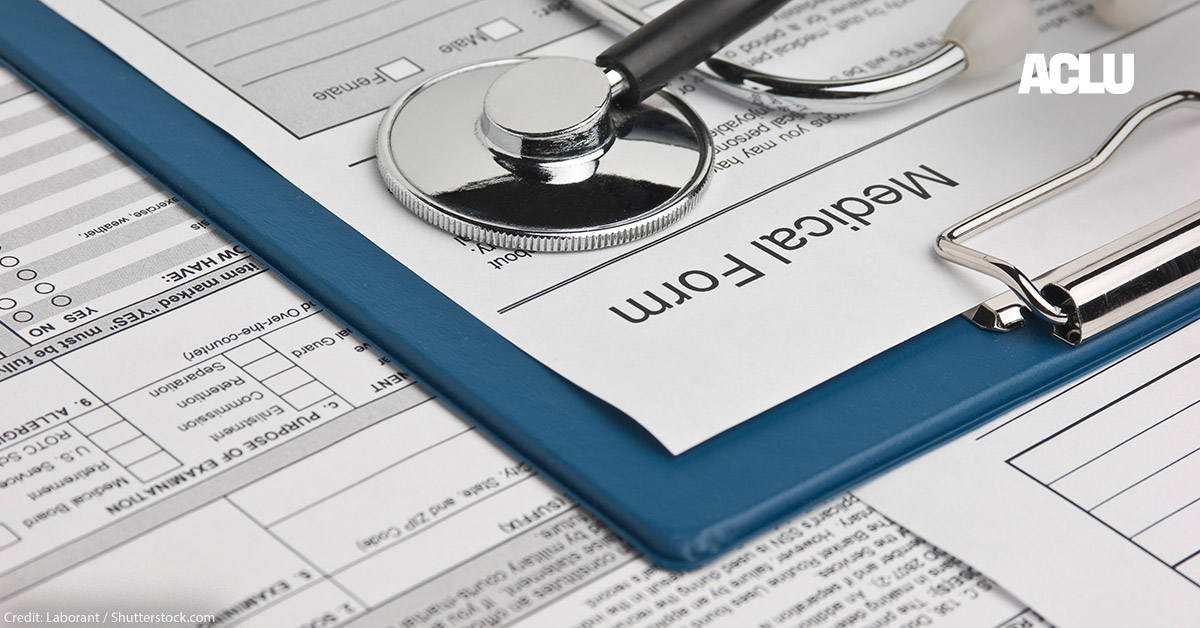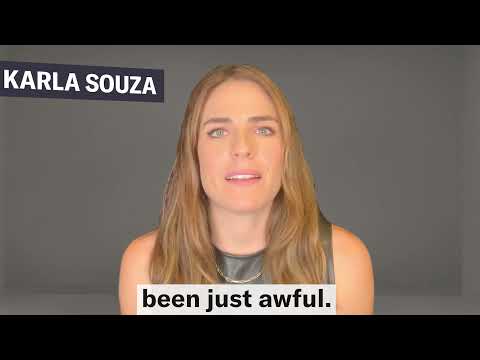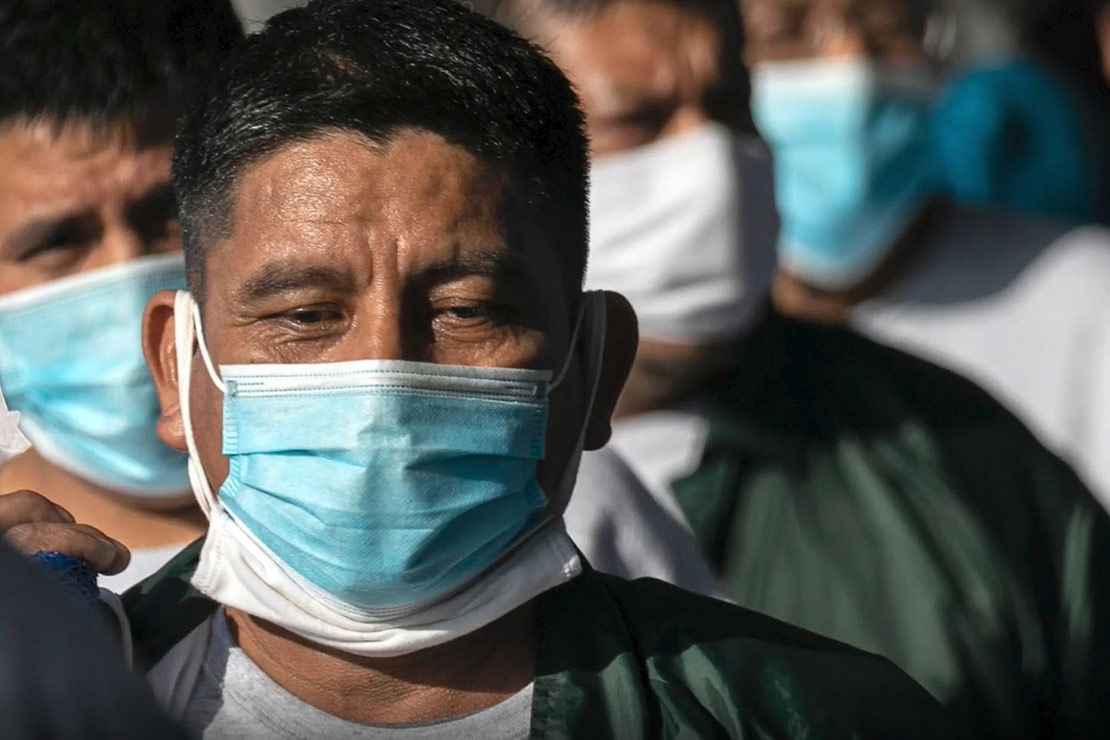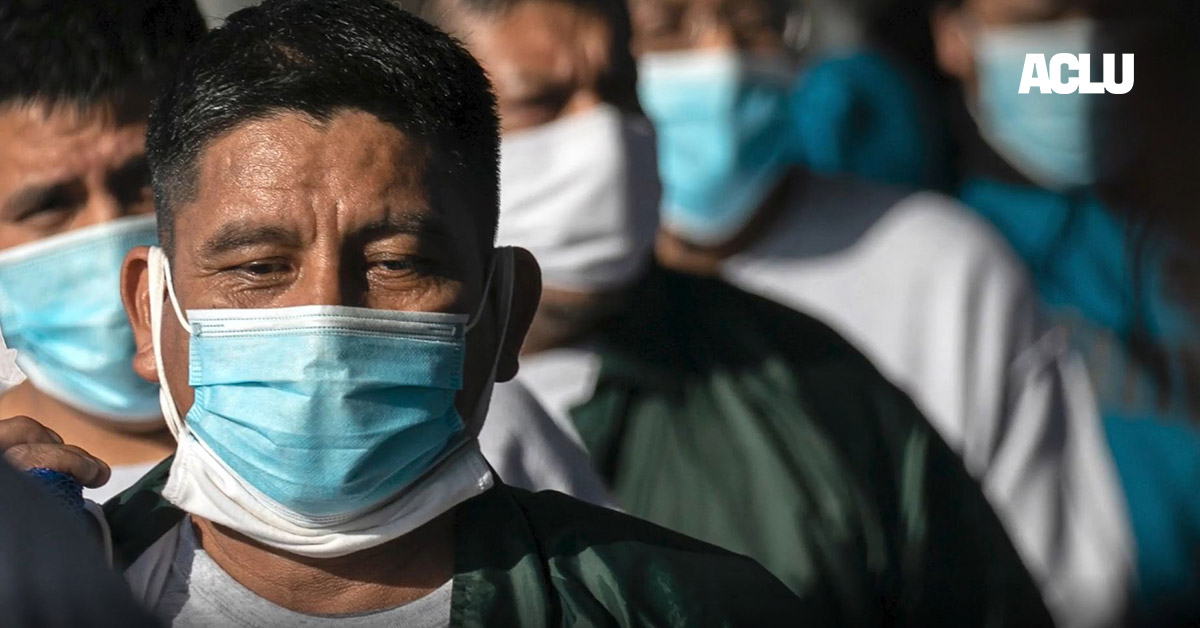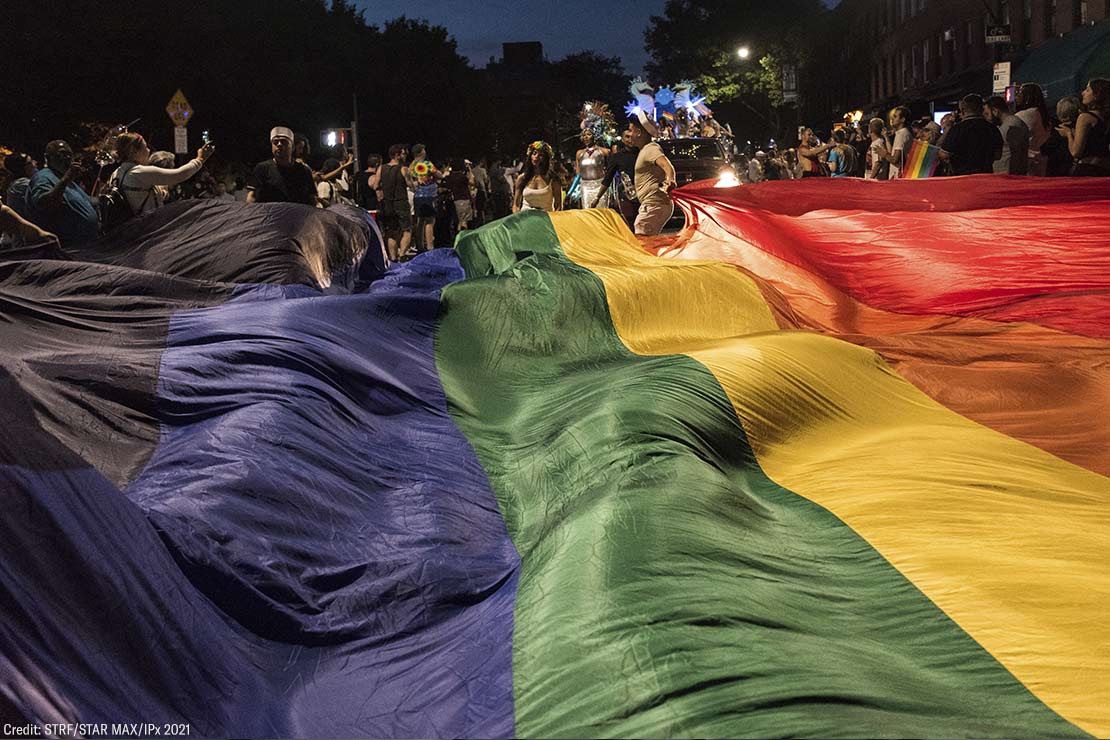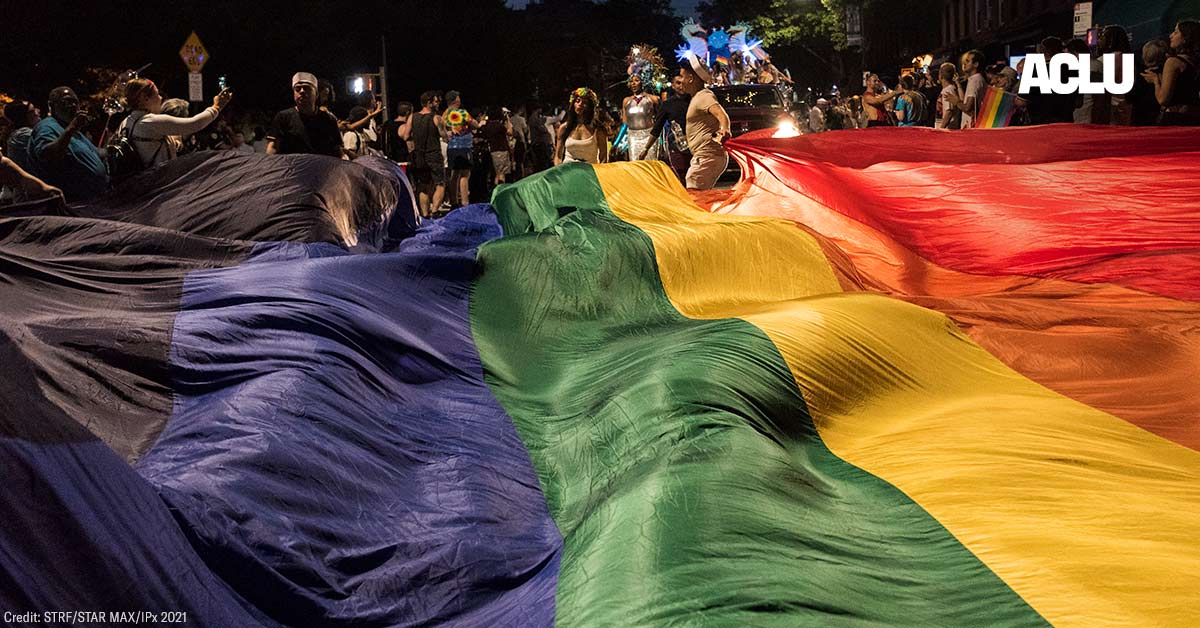The confidentiality of patient-doctor communications is a cornerstone of medical ethics and effective care, and rightly so — the information we divulge in the course of treatment is often highly sensitive, intimate, and revealing. We need patient privacy rules that are up to the task of protecting it. That’s why we recently sent a letter to the Department of Health and Human Services (HHS) opposing proposed modifications to the HIPAA Privacy Rule that would radically erode patient privacy protections and facilitate unnecessary disclosures of patients’ health information without their consent.
The touchstone of the HIPAA Privacy Rule is, and should be, patient consent. Never is this more important than when patients’ protected information risks being disclosed to law enforcement, the family regulation system (sometimes called the “child welfare system”), or other governmental actors. But the rule change HHS proposed in January of this year would disturb the Privacy Rule’s patient consent default and lead to a proliferation of disclosures to law enforcement and other problematic actors, bringing vulnerable patients into increased contact with systems that pose serious risks to their safety and health. And while the harms associated with lesser privacy protections implicate all of us, they will be borne most heavily by communities of color and people with disabilities. HHS must reject this outcome.
Here’s what that could look like for patients:
JINNY
One way HHS’s proposal undercuts privacy is by lowering the standard that governs when providers can share protected information without patients’ consent to address perceived threats of harm. Such a change is unsupported and would invite providers to err on the side of over-disclosure, especially in sensitive situations when patients’ privacy interests are at their height.
Because our society already relies on police to act as first-responders in an absurdly broad array of circumstances, one troubling likely consequence of this change is an increase in disclosures of patient information to law enforcement. HHS should avoid this. Encounters with police carry heightened perils for patients of color and those with disabilities. Indeed, half of all people killed by police have disabilities, including mental and other forms of disability. And police inflict violence on Black and Brown people at higher rates than white people. As the police killings of Daniel Prude, Walter Wallace Jr., and Deborah Danner (to name but a few) demonstrate, police are simply the wrong actors to intervene during mental health crises. The psychological and physical violence that result from police interventions should make HHS highly skeptical of proposals like this one. The HIPAA changes that HHS proposes would open the door to greater contact between vulnerable communities and law enforcement and thus impair individual and community health outcomes.
Weaker information-sharing standards under the Privacy Rule are also likely to lead to more involuntary hospital holds, which likewise disproportionately affect people of color and people with disabilities. Even where involuntary holds don’t result directly from police involvement, they are traumatizing. Patients experience involuntary holds as stigmatizing and disempowering, mirroring the harms of arrest and criminalization and failing to connect them with adequate follow-up care.
HHS’s proposed rules would also cut new channels for patients’ protected information to reach the family regulation system, even where no perceived emergency or threat of harm exists. For example, HHS would expressly allow healthcare providers to share more than the minimum information necessary for “care coordination and case-management” purposes, including with social service organizations and home- and community-based service providers. Health records will sometimes include documentation of trauma, mental health diagnoses, domestic violence, family adversity, current or past drug use, and so on. Passing that information along to social service providers — who often won’t be bound by HIPAA at all — might trigger invasive child protective investigations or keep families apart. It could also give housing providers or prospective employers grounds to deny benefits to vulnerable communities, as we cautioned in 2019.
As with police, contact with the family regulation system is inherently risky, exposing vulnerable communities to family separation, invasive governmental scrutiny, and other coercive interventions. Families describe — and studies document — the fear, distrust, anxiety, and stigma that result from family regulation system involvement. These harms again fall most heavily on Black, Indigenous, and low-income families, along with parents who have disabilities. Below, an example of how the Privacy Rule could exacerbate the family regulation system’s dire harms:
JEANETTE
Rather than widen the already expansive net of people with access to patients’ sensitive information, HHS should take care to limit lines of sight between systems of punishment and people seeking services and treatment.
In the limited circumstances where providers must share patients’ information without their approval, the Privacy Rule already provides plenty of flexibility. On the other hand, HHS largely ignores the significant harms of weakened patient privacy in its proposal. Indeed, the department offers little to justify its proposed changes at all, instead touting the benefits of reduced privacy protections for “efficient care coordination and case management” and referencing vague anecdotes about “confusion” under the current regulations.
HHS’ stated goal is to support people in accessing treatment — but this proposal would do the opposite by chilling patients’ access to needed care and exacerbating disparities along race, disability, and class lines. If the Biden administration truly prioritizes equity, as stated, then HHS must withdraw its proposed changes to the HIPAA Privacy Rule.
Date
Thursday, June 10, 2021 - 11:00amFeatured image

